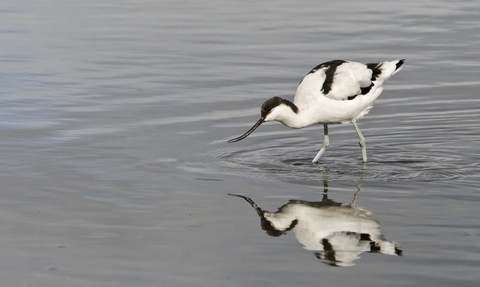
©Bertie Gregory/2020VISION
General wildlife FAQs
Questions and advice
Find the answers to some of our most frequently asked wildlife questions below.
From keeping a healthy pond to helping hedgehogs in your garden, check our category pages for even more answers.
Who should I contact regarding wildlife crime?
The Norfolk police have specially trained wildlife crime and liaison officers who can offer expert advice on wildlife and the law. Any cases of suspected wildlife crime, such as egg collecting or illegal persecution of wildlife, should be reported to your local wildlife liaison officer.
If you have any information about wildlife crime or believe you have witnessed a crime taking place, contact Norfolk Police on 101. If a crime is in progress, always dial 999.
If possible, note down the following information:
- date, time and location
- descriptions of people you saw or vehicles they were driving
- if there is anyone else in the area that witnessed the incident/individuals
What is an invasive non-native species?
This term refers to species which are not native to an area or country and have been deliberately or accidentally introduced by people. Some non-native wildlife species cause problems by competing with native species or carrying diseases which affect native species. Examples of invasive non-native plant species include giant hogweed, Himalayan balsam, and Japanese knotweed. Non-native animals in Norfolk include grey squirrels and mink which are native to North America, and Chinese Water Deer and muntjac deer from Asia.
Not all non-native introductions are invasive or cause problems. Species such as little owls, brown hares and horse chestnut trees are non-native introductions but are now an integral part of the Norfolk countryside. For further information on Norfolk invasive species, visit the Norfolk Non-native Species Initiative.
What should I do if I find a sick or injured animal?
Norfolk Wildlife Trust is unable to deal with sick or injured animals. Please phone the RSPCA Wildlife Centre, East Winch, King's Lynn on 0300 123 0709. Visit the RSPCA website for more information.
